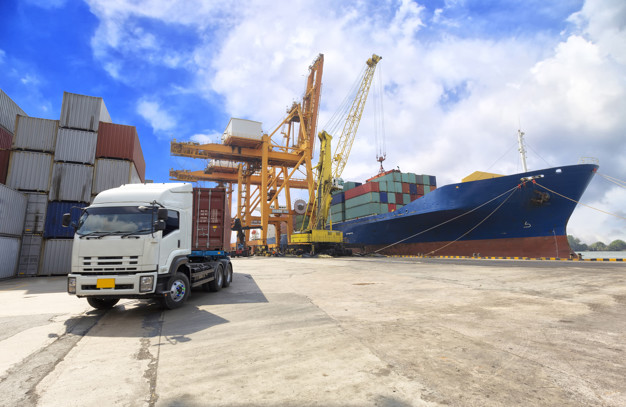5 Important Tips for New Importers

Importing basically refers to the act of buying goods and services from abroad in order for it to be sold for the customers of the home country. Many business owners nowadays prefer to sell imported products due to its ability to increase profit margins. Moreover, an importer can provide higher quality goods that can potentially surpass those produced by local competitors. If done in moderation, importing can help bolster the national economy as well as widen up the global market.
Despite the benefits of this practice, importing can be a pretty risky option especially for those who are still establishing their foothold in the world of commerce. Purchasing goods from a foreign land requires a specific set of knowledge and skills and a deeper understanding of complex processes of importation.
If you’re starting to think that importing is the next big step for your business, here are some of the most important tips you should be aware of before making any move:
-
Make sure you are legible to do the importing
Speaking about legibility, it means that you have to be legally allowed to bring those imported goods to your home country. Before you can spend any time, money, and effort into something such as importing, you’ll need thorough research about the laws especially the restrictions of items that you are going to import. Some chemicals and medicines, in particular, are examples of products that could have certain restrictions. Check the legality of the products that you wanted to import first.
-
Assess all the possible expenses
Planning your budget ahead of time is very important if you wanted to be a successful importer. Be mindful of all the possible expenses before you can place an order to a company abroad. These charges can range from the transport and insurance costs, as well as other legal documents that you need to go through. A good way to limit or minimize these expenses is by hiring freight forwarders and customs brokers since they have the expertise to guide you through the process and find all the best deals for shipping available.
-
Pay attention to sudden exchange rate fluctuations
One notable example of risks that every importer should know is sudden fluctuations in the exchange rate. Remember that you are buying goods from another country with prices that are not the same as your local currency. So be mindful of the current exchange rate as it greatly affects the final amount that you will need to pay. The rate could either become beneficial or detrimental to your success.
-
Learn to interact with your foreign suppliers
It’s not easy to deal with suppliers from another country. Language and culture barriers are some of the challenges an importer has to face. Miscommunication could become pretty common in these areas, so better study a lot about the business industry of their country as much as possible.
-
Determine if there is a local market for the goods you wanted to import
It is your responsibility as the importer to know if there is a growing demand for the goods that you are opting to resale. Determining your potential customers in the local market can help you identify the profitability of that imported product. Conducting some surveys is also a good way for you to come up with a decision on whether importation is definitely the right choice or not.
Sources:
